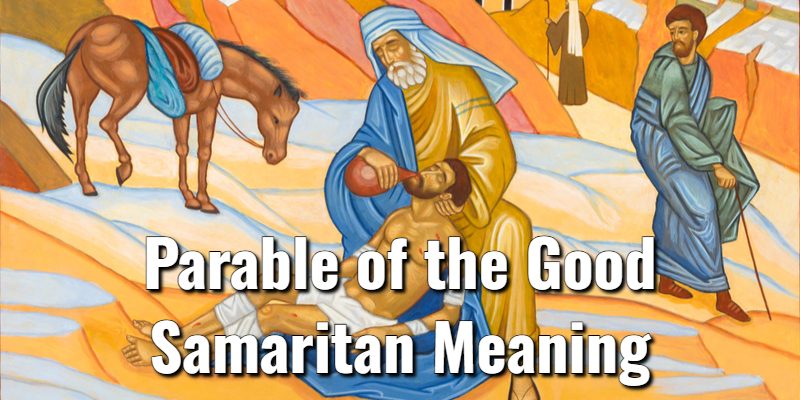To understand this parable, one must understand who the Samaritans were. They were a group of half-Jews hailing from Samaria, who believed God was to be worshipped on their holy mountain instead of Jerusalem. They also only read the first five books of the Bible as inspired Scripture. They were shunned by the rest of the Jews and looked very distastefully upon. This parable illustrates the concept of loving one’s neighbor without boundaries. It emphasizes that one’s neighbor is not limited to those who are similar or of the same background but includes anyone in need, amen.The Parable of the Good Samaritan is one of Christ’s most famous examples. In this story, a man traveling from Jerusalem to Jericho is attacked by robbers, leaving him half-dead. A priest and Levite both passed him by without offering him any aid. But then a Samaritan passed by and recognized his need. He took him back to an inn and looked after the traveler until he returned to health.
Parable of the Good Samaritan Meaning
The Parable of the Good Samaritan meaning can be found in Luke 10:29-37:
Luke 10:29-37
“But he, willing to justify himself, said unto Jesus, And who is my neighbour? And Jesus answering said, A certain man went down from Jerusalem to Jericho, and fell among thieves, which stripped him of his raiment, and wounded him, and departed, leaving him half dead. And by chance there came down a certain priest that way: and when he saw him, he passed by on the other side. And likewise a Levite, when he was at the place, came and looked on him, and passed by on the other side. But a certain Samaritan, as he journeyed, came where he was: and when he saw him, he had compassion on him, And went to him, and bound up his wounds, pouring in oil and wine, and set him on his own beast, and brought him to an inn, and took care of him. And on the morrow when he departed, he took out two pence, and gave them to the host, and said unto him, Take care of him; and whatsoever thou spendest more, when I come again, I will repay thee. Which now of these three, thinkest thou, was neighbour unto him that fell among the thieves? And he said, He that shewed mercy on him. Then said Jesus unto him, Go, and do thou likewise.”
Lord's Library participates in affiliate programs. We may make a small commission from products purchased through this resource.
- The Key Assurance of Salvation Bible Verses & How to Know It - April 25, 2025
- The Dietary Laws in Deuteronomy: Bible Overview & Commentary - April 24, 2025
- The Dietary Laws in Leviticus: Bible Overview & Commentary - April 24, 2025














